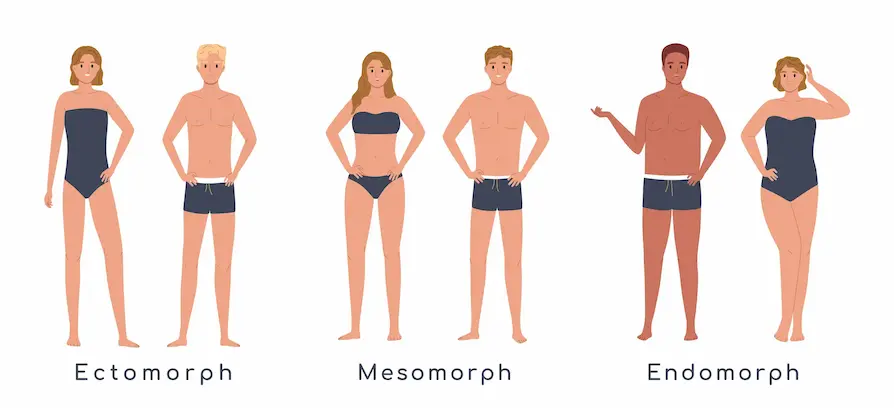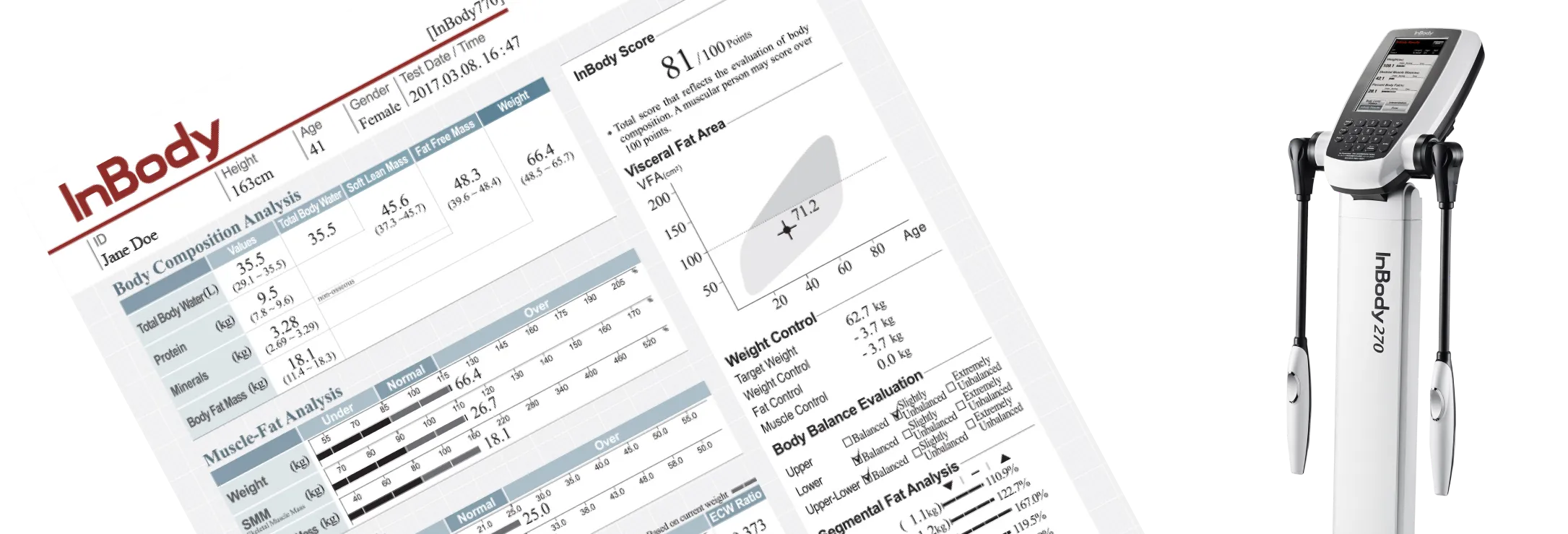
Why it matters for your health?
We all know someone who seems to eat anything they want without gaining weight. While they may appear healthy, some of these individuals might fall into a category called "skinny fat." This refers to having a higher fat mass relative to muscle mass, even if body weight or Body Mass Index (BMI) seems normal. This condition can increase the risk of cardiovascular disease, as neither the scale nor BMI alone can detect it.
Fat to muscle ratio
Understanding Body Composition
Your body fat percentage and muscle mass are critical indicators of health. Three individuals with the same weight and BMI can have vastly different body compositions-and therefore different health risks. See below a breakdown of common body types.
Take Action
Finding out your fat-to-muscle ratio is the first step toward improving your health. Simple lifestyle adjustments-such as incorporating strength training, eating a balanced diet, and monitoring your progress-can help you lower your cardiovascular risk and achieve a healthier body composition.
Your health is more than a number on the scale. Start focusing on what truly matters: your fat-to-muscle ratio.
See Below: A Breakdown of Common Body Types
| Body Type | Characteristics | Health Impact |
|---|---|---|
| Ectomorph (Skinny Fat) |
Low overall weight, but higher fat-to-muscle ratio. | Elevated risk of cardiovascular disease despite "normal" BMI. |
| Mesomorph (Athletic Build) |
Higher muscle mass, lower fat percentage. | Lower risk of metabolic diseases and cardiovascular issues. |
| Endomorph (Rounder Body) |
Higher fat mass compared to muscle mass. | Increased risk of heart disease, diabetes, and metabolic disorders. |

Image by macrovector on Freepik

Inbody: What to Expect
Comprehensive Analysis
The InBody measures your body composition, offering a detailed breakdown of fat, protein, minerals, and body water-beyond the single number from a traditional scale.
Segmented Measurements for Precision
InBody divides your body into five segments-two arms, two legs, and the torso-offering specific measurements of fat mass and lean mass for each.
Visceral Fat: A Key Health Indicator
InBody measures visceral fat, which surrounds your organs and increases health risks, providing vital information for your well-being.
Progress Tracking
A precise body composition analysis enables you or your trainer to design a tailored training and nutrition program. Retesting provides a reliable and unbiased way to track your progress over time.
